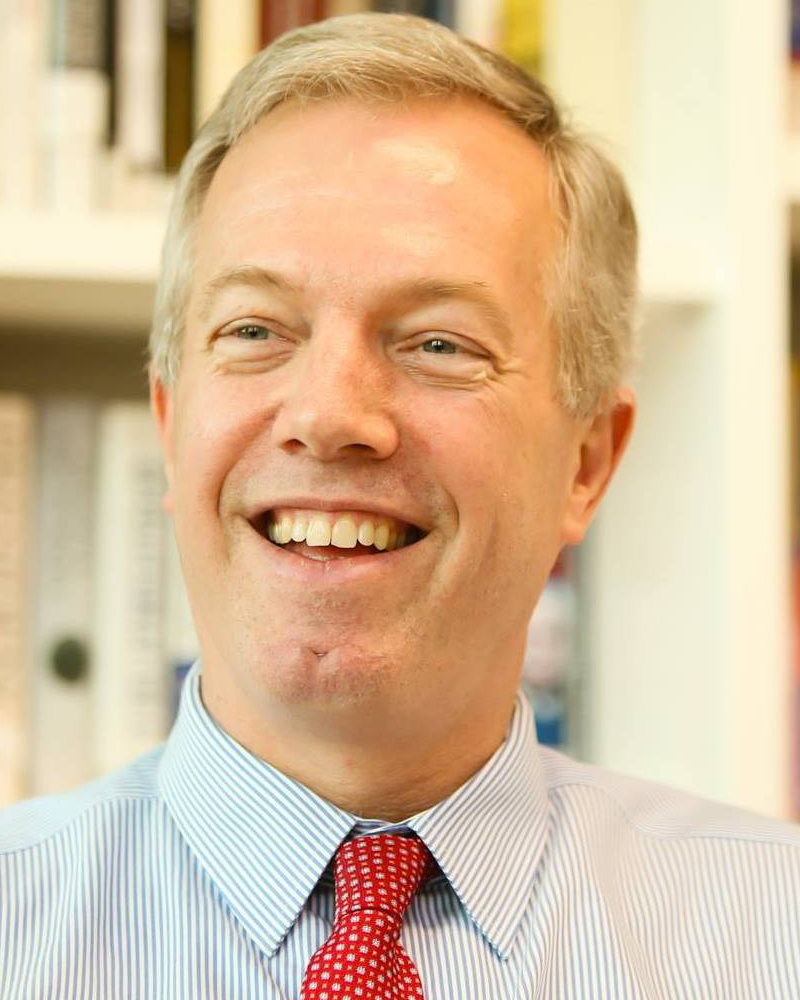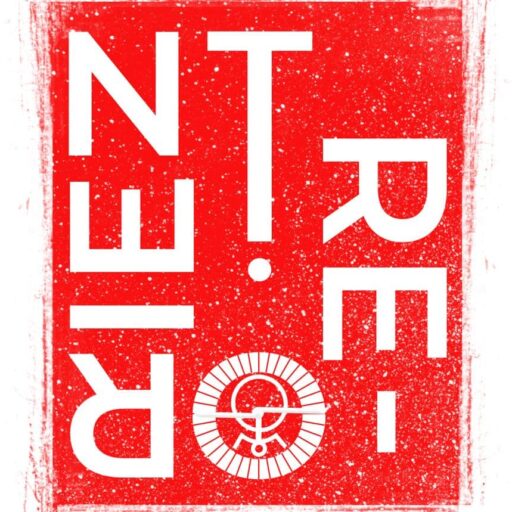E34/ Bill Hayton on What’s in a Name, Territorial Disputes and Identity in Asia (June 29, 2022)

What is China? It is a simple question but one that cannot be properly without the help of reading Bill Hayton’s book, ‘The invention of China’. And, why is the conflict over sovereignty of the Spratly and Paracel islands and atolls so intractable? To understand this also requires reading another one of his works, ‘The South China Sea, The Struggle for Power in Asia’.
Bill Hayton is the prototypical guest on the Reorient! podcast — accomplished, intelligent and possessing deep expertise and a unique perspective. I know of few authors with comparable breadth of experience reporting on geopolitical issues to a global audience and having a deep understanding of the history of Asia. Mr. Hayton’s accomplished career as a journalist for the BBC began in the Middle East. His first assignment took him to Iran in 1995 to interview Ayatollah Ali Akbar Mohtashemi to ask him if he organised the Lockerbie bombing. In 1999, he shifted his coverage to European Affairs where he witnessed the struggle over the fate of the post-Soviet Republics, a focal point for Western audiences and policy makers.
During our conversation Hayton helps to untangle and organise the concepts of peoples, nations, empires, cultures and civilisations. He also explains how narratives, interpretations and definitions of history play into political objectives and become their own source of conflict. His informed realism provides a framework and pathways to enhance our mutual understanding of this fascinating and complicated region.
E31/ Amb. Ted Osius on Why Nothing is Impossible in Vietnam (February 22, 2022)

So many major things have happened across Asia, from lock-downs in China, elections in South Korea, Philippines and Hong Kong, and social unrest in Sri Lanka and Pakistan.
One country that has been remarkably stable during the pandemic and into the post-pandemic period is Vietnam. A country with a long history and rich culture, the Vietnamese have fiercely safeguarded their nation over millennia against larger, more powerful and more aggressive empires.
Impressively, the Vietnamese manage to embrace peace with their former adversaries and look forward to collaborate for a brighter future. Who better to understand this unique country and people than the former U.S. ambassador to the Socialist Republic of Vietnam, Ted Osius.
A diplomat for nearly thirty years, Ted Osius served from 2014 to 2017 as U.S. ambassador to Vietnam, a country he has loved since serving there in the 1990s, when he helped open the U.S. Consulate General in Ho Chi Minh City and was one of the first U.S. diplomats at the U.S. Embassy in Hanoi.
